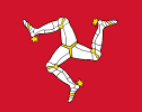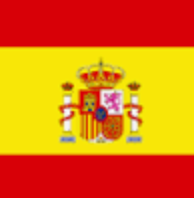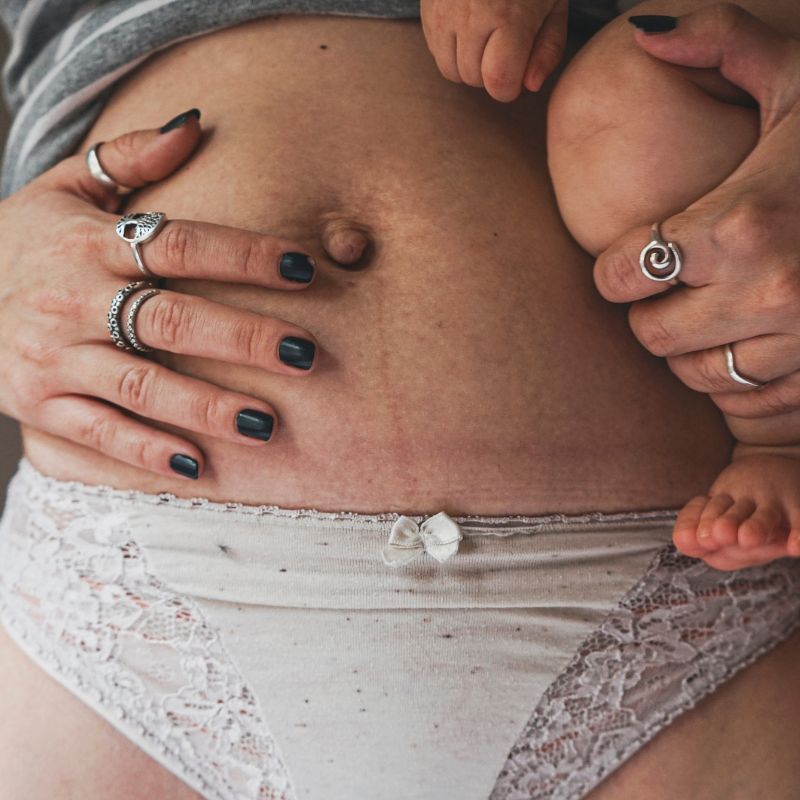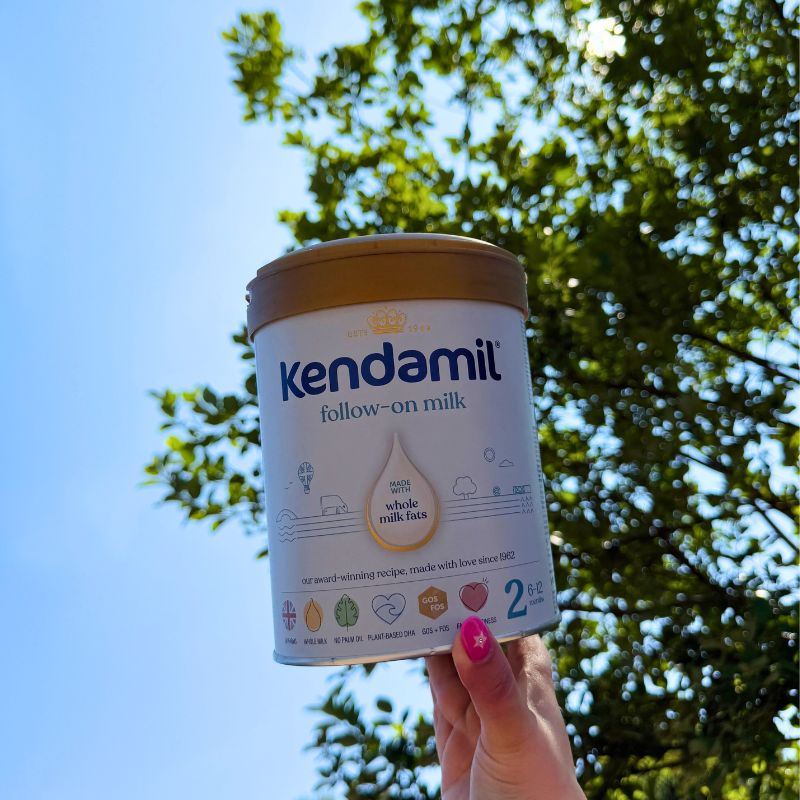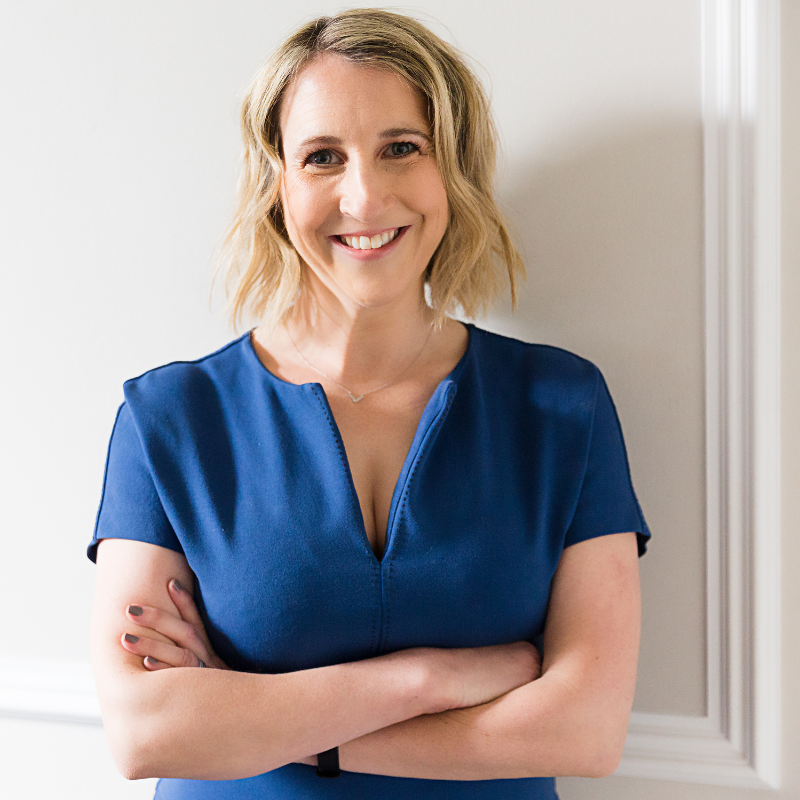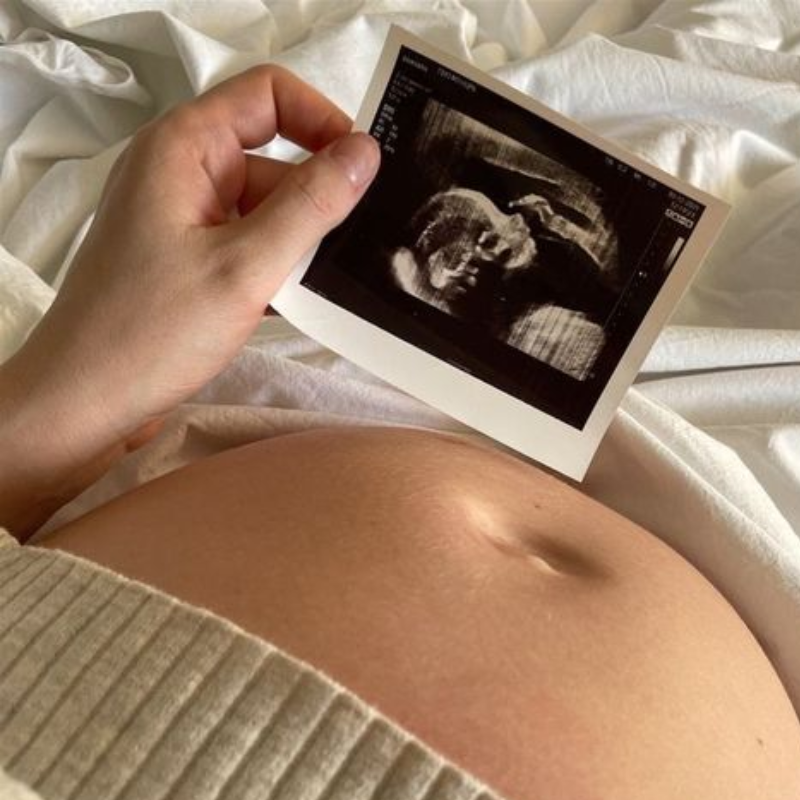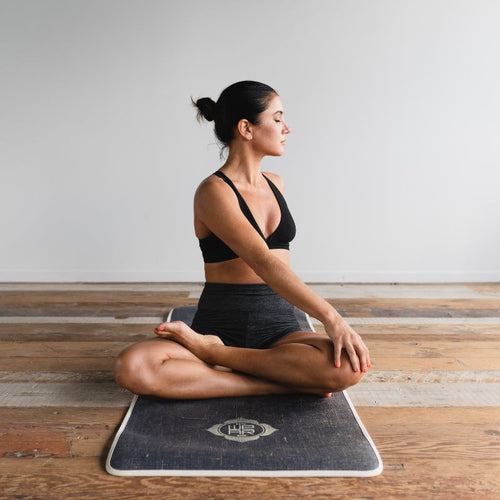For most expectant mums, one of the most worrying thoughts behind having a caesarean section is the recovery! Don’t worry, as we’re going to cover everything you need to know about c-section recovery in this blog. You could say I’m pretty well equipped to handle this topic - I’m Emma - a midwife, and a mum myself. I’ve looked after plenty of women in the postnatal period who had a ‘c-section’, and I’ve even had one myself when my son was born! Let’s get into your top questions:
How long does it take to recover from a caesarean section?
The timeline for physical recovery after a c-section can vary, as every person's experience is unique! For example, if you have had an emergency c-section, it typically takes longer to recover compared to that of a planned one. Regardless, most mums can expect to stay in the hospital for one to three days after the surgery. During this time, the midwives will monitor you on the ward for any complications, and help with pain management. After you are discharged, it’s important to listen to any advice and guidance given for a smooth recovery period.
- When can I start driving again after a caesarean section?
Driving after a c-section is usually not recommended for at least six weeks, or until you feel comfortable and are no longer taking prescription pain medication. Typically, a good rule of thumb is making sure you could do an emergency stop without being in a lot of pain. It's crucial to consult with your healthcare provider before resuming driving to ensure that you're physically capable and safe to do so, and the six week postnatal check with your GP is a great opportunity to do this.
- When can I exercise again?
Again, this is another one which is individual to each person. You shouldn’t be jumping straight back into the gym until you have been signed off by your healthcare provider at your six week postnatal check, however light exercises like walking can be started when you feel ready to promote circulation and aid in healing. After your six week appointment, your GP will assess how ready you are to return to any form of exercise, and hopefully give you the green light. For more information on postpartum exercise, check out our previous blog on exercising after childbirth.
- How long should I wait before resuming sexual activity after a caesarean birth?
Resuming sexual activity after a c-section is typically recommended after four to six weeks, or until you feel comfortable and have received clearance from your GP. Remember, It's essential to communicate with your partner and listen to your body during this time. It’s OK if you need to pause and try again another time!
- When can I expect my energy levels to return to normal after a caesarean birth?
Energy levels can vary greatly among individuals, but many women start to feel a tiny bit more like themselves around six to eight weeks postpartum. However, it's essential to prioritise rest and self-care during this time and not rush the recovery process. Eating well and daily walks can really help boost your energy levels. Just don’t overexert yourself.
- What is the emotional recovery like?
The emotional recovery after a c-section is just as important as the physical aspect. It's entirely normal to experience a range of emotions during this time, including feeling overwhelmed, anxious, or even a sense of disappointment if your birth didn't go as planned. Remember to give yourself grace and seek support from loved ones. You can also talk to your midwife and health visitor, who can direct you on where to seek further help if you feel it is affecting your mental health.
- What is normal for scar healing and appearance?
Concerns about the appearance of the caesarean scar are common amongst new mums. While the scar will initially be red and raised, it typically fades and flattens over time. However, if you have concerns about your scar's appearance or healing progress, don't hesitate to discuss them with your healthcare provider.
What are the typical post-op instructions for caesarean recovery?
After a c-section, your midwife or doctor will typically provide detailed post-operative instructions. These instructions often include guidelines on pain management, wound care, and activity restrictions. It's essential to follow these instructions closely to promote healing and reduce the risk of any complications.
- How can I care for my caesarean scar to promote healing and prevent complications?
- Wound/dressing care: Proper wound care is essential for promoting healing and preventing infection. Keep the incision site clean and dry, and follow any specific dressing instructions provided by your healthcare provider. Avoid applying creams or ointments to the scar unless directed otherwise.
-
Hygiene: Maintaining good hygiene is crucial for preventing infection. Take showers instead of baths to keep the incision area clean, and gently pat the area dry with a clean towel afterward. Avoid scrubbing or rubbing the incision site, as this can irritate the skin and delay healing.
- What are the signs of infection in a caesarean incision?
Signs of infection in a caesarean incision may include increased redness, swelling, warmth, or drainage from the wound. You may also experience fever, chills, or increasing pain at the incision site. If you notice any of these symptoms, contact your midwife or GP immediately for further evaluation and treatment.
- What should I expect in terms of physical limitations during caesarean recovery?
During the initial recovery period, you may experience some physical limitations, such as difficulty with activities that involve bending, lifting, or twisting, like getting in and out of bed. It's essential to avoid heavy lifting and strenuous activities until you receive clearance from your healthcare provider. Rule of thumb, don’t lift anything heavier than your baby to begin with!
- How can I prevent complications during caesarean recovery?
To prevent complications during caesarean recovery, follow your healthcare provider's instructions carefully, including taking prescribed medications as directed, attending follow-up appointments, and monitoring your incision for any signs of infection or complications. Make sure to prioritise rest as much as possible, and avoid overexertion to allow your body ample time to heal.
How can I manage discomfort and pain after a caesarean birth?
Recovering from a caesarean birth involves managing discomfort and pain effectively to promote healing and enhance overall well-being.
- Pain Management Options: In hospital, you will have access to stronger opioid medications such as morphine. On some occasions, this is also available to take home with you, so be sure to ask your midwife or doctor. It’s really important to take regular pain medication at home like paracetamol and ibuprofen - set reminders on your phone so you don’t forget amongst the chaos of newborn life!
- How to reduce pain: Using supportive pillows or cushions while sitting or lying down can also help alleviate pressure on the incision site. It's essential to listen to your body and avoid activities that exacerbate pain or strain the abdominal muscles.
-
When to seek help: Signs of infection, such as increased redness, swelling, warmth, or drainage from the incision site. Similarly, if you experience persistent or worsening pain that is not relieved by prescribed medications, or if you develop symptoms suggestive of blood clots, such as swelling or tenderness in the legs, be sure to contact a healthcare professional.
C-section recovery might not be the easiest journey, but with these tips in your back pocket, you'll be navigating it like a pro. Remember to take it easy, listen to your body's cues, and don't hesitate to reach out for help when you need it. If you have any worries, be sure to contact your midwife, health visitor or GP.
Support and resources:
Many women seek information and support from healthcare professionals, online forums, and support groups to navigate the challenges of Caesarean recovery. Websites such as Mumsnet, Netmums, and BabyCentre host discussion boards where you can connect with other mothers who have had similar experiences, share advice, and seek support.
Here are some further support resources for Caesarean recovery:
- NHS England
- Tommys
- International Cesarean Awareness Network
- Home Start is a charity that can provide support
- Birth Trauma Association
